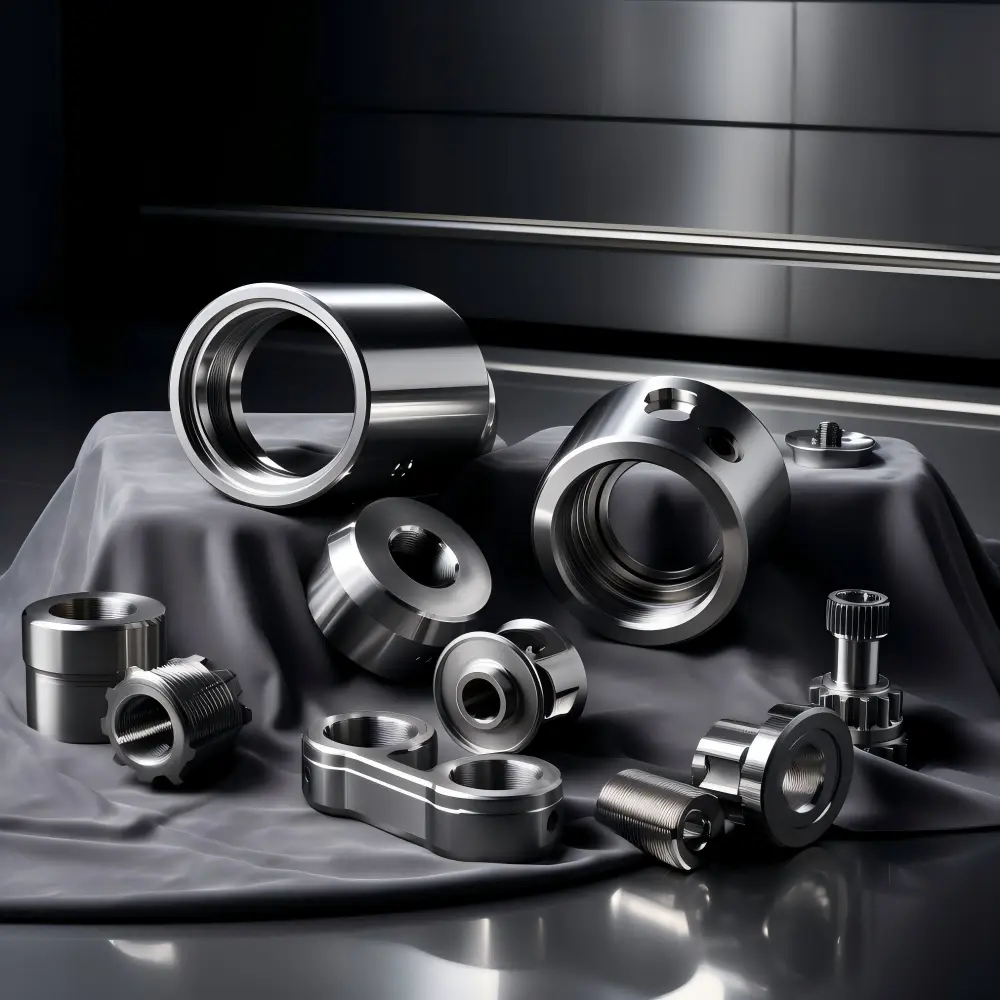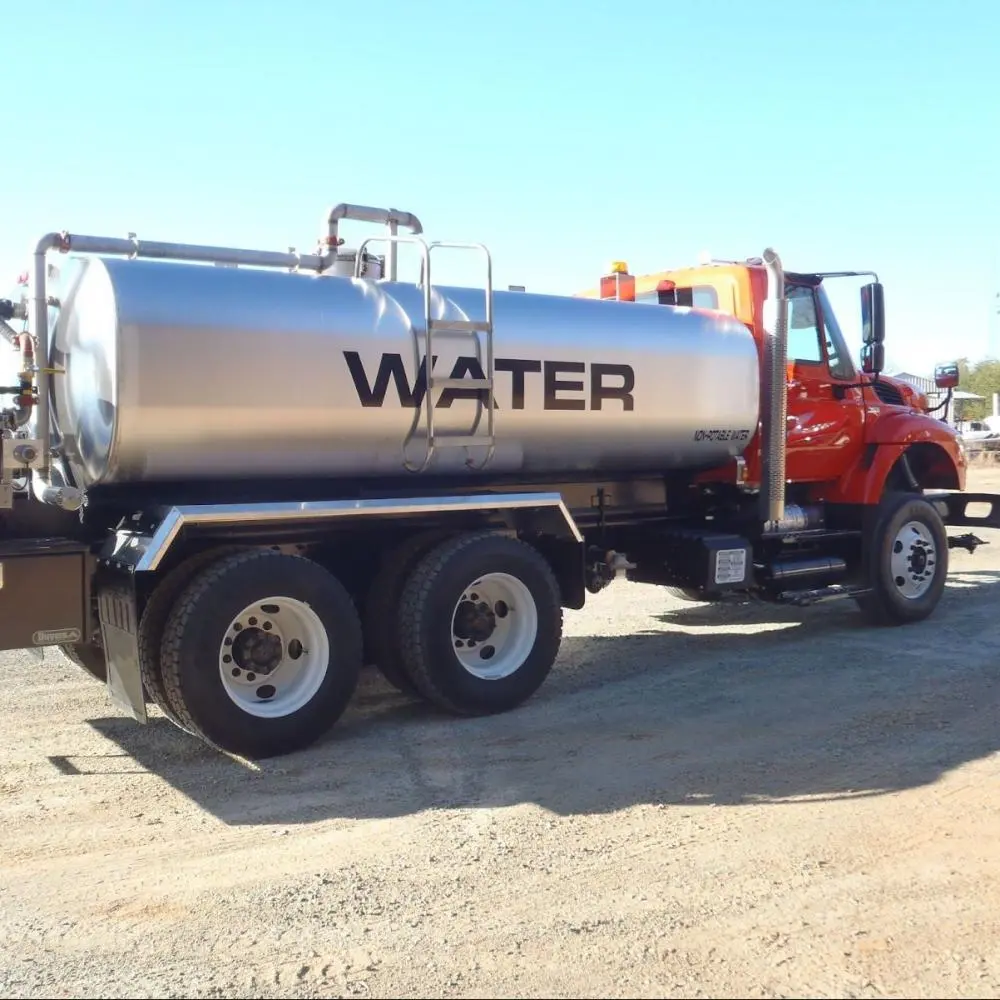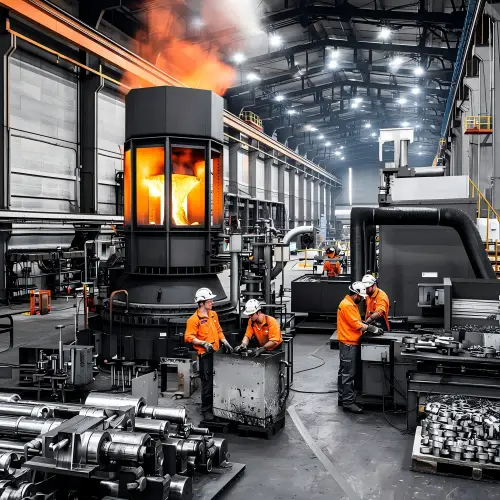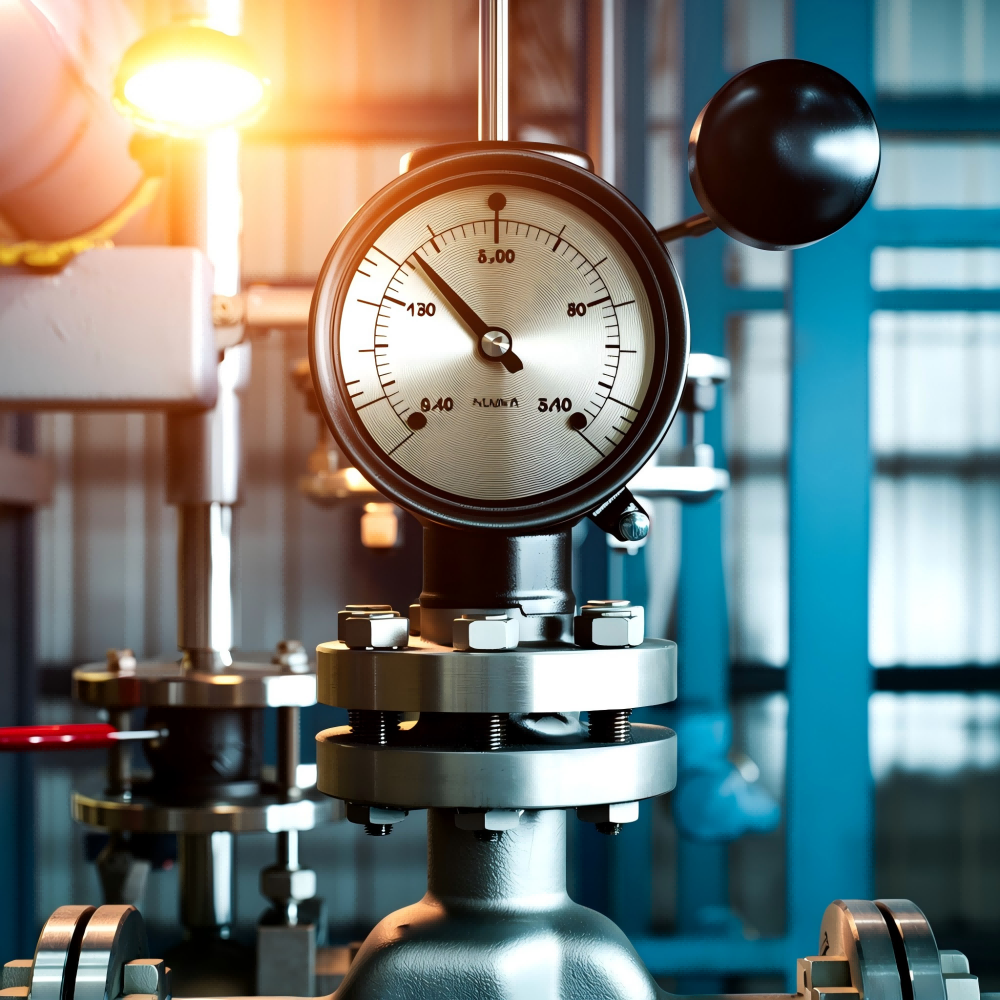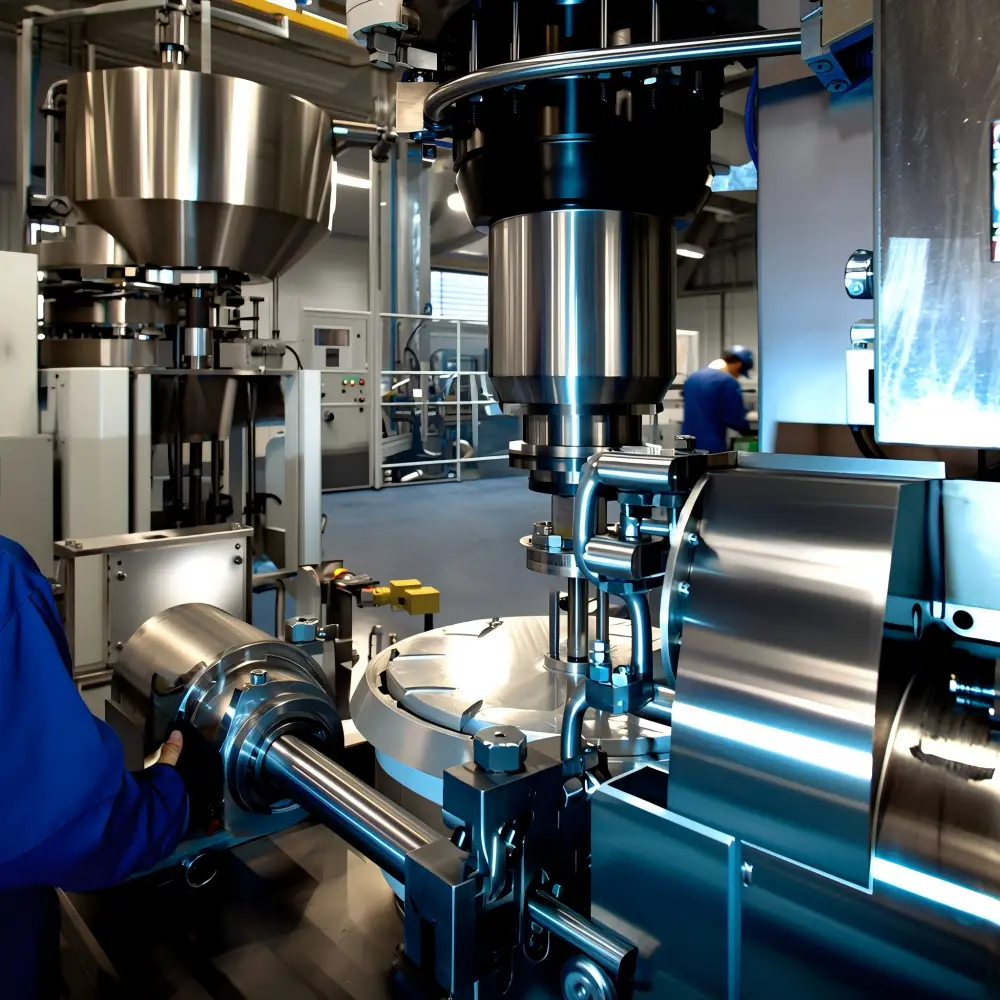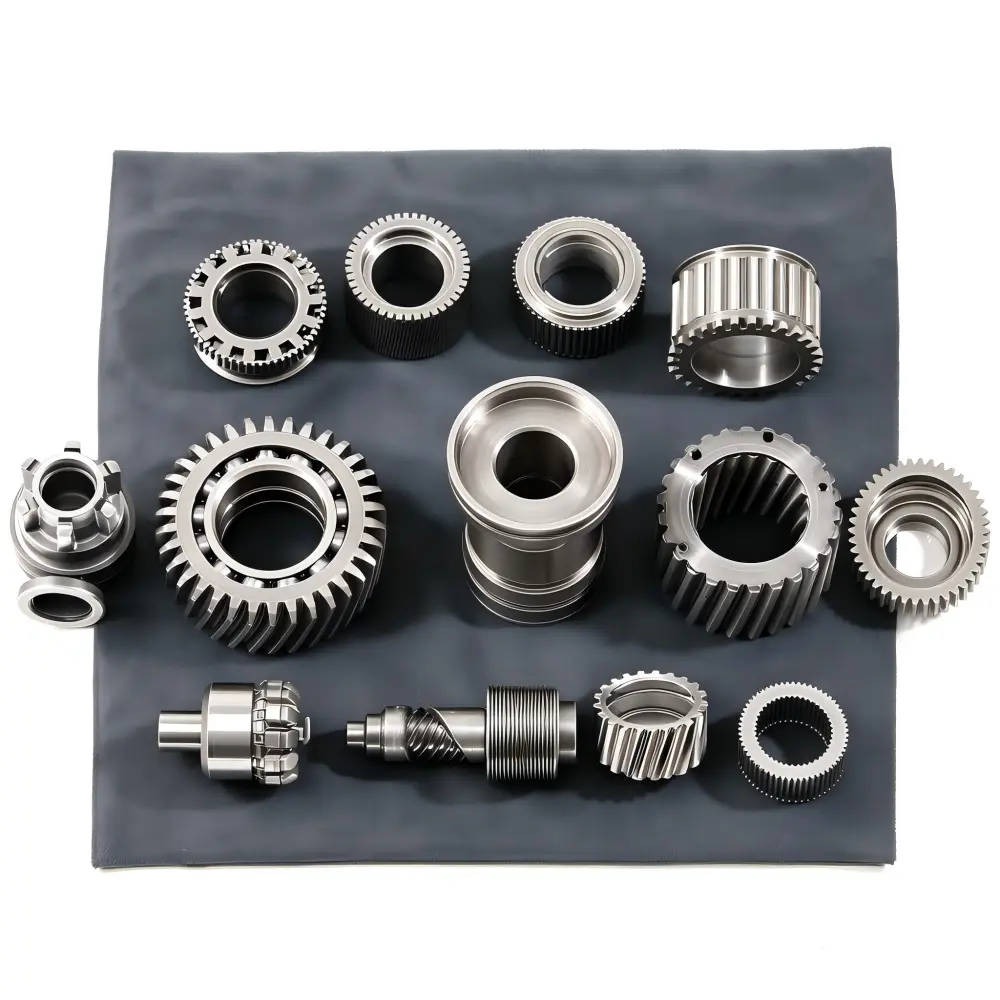Top Tips for Choosing Copper Investment Casting Suppliers
Choosing the right among the top copper investment casting suppliersplays a vital role in your project's success. A reliable supplier ensures high-quality results, meets deadlines, and helps you manage costs effectively. On the other hand, working with inexperienced or unreliable suppliers can lead to delays, subpar products, and unexpected expenses. You need to evaluate suppliers carefully to avoid these risks and ensure smooth project execution. The best suppliers bring expertise, advanced technology, and a commitment to quality, which directly impacts the outcome of your Investment Casting projects.
Key Takeaways
- Prioritize suppliers with proven experience in copper investment casting to ensure high-quality results and effective problem-solving.
- Evaluate the supplier's equipment and technology; modern tools enhance precision and efficiency, leading to better outcomes.
- Verify certifications and compliance with industry standards to ensure quality management and adherence to safety regulations.
- Discuss cost-saving strategies with potential suppliers, including transparent pricing and value-added services that optimize your budget.
- Ask targeted questions about their processes, customer support, and past projects to gauge their reliability and expertise.
- Be vigilant for red flags such as lack of certifications, outdated equipment, or poor communication, which can jeopardize your project.
- Take a proactive approach in your supplier search to secure partnerships that prioritize quality and dependability for successful project execution.
Key Factors to Evaluate When Choosing Top Copper Investment Casting Suppliers
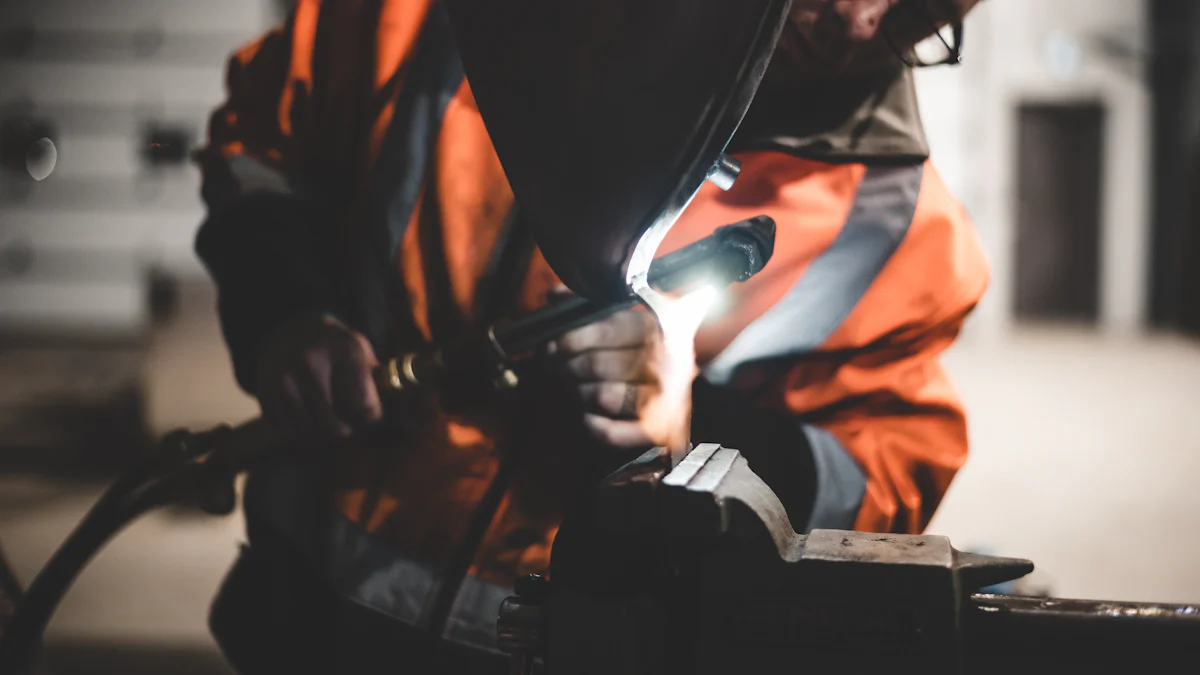
When selecting from the top copper investment Casting Suppliers, you must evaluate several critical factors. These factors ensure that your supplier can meet your project requirements and deliver high-quality results. By focusing on these aspects, you can make an informed decision and avoid potential setbacks.
Experience and Expertise
A supplier's experience directly impacts the quality of their work. You should prioritize suppliers with a proven track record in copper investment casting. Experienced suppliers understand the complexities of working with copper alloys and can handle challenges effectively. Their expertise ensures that your project benefits from precise casting techniques and reliable outcomes.
Ask about the supplier's years in the industry and the types of projects they have completed. Look for evidence of their ability to handle similar projects to yours. Suppliers with extensive experience often bring innovative solutions and a deep understanding of industry standards.
Equipment and Technology
Modern equipment and advanced technology play a crucial role in producing high-quality copper castings. Suppliers using outdated machinery may struggle to meet your specifications or maintain consistency. You should choose suppliers who invest in state-of-the-art equipment and stay updated with technological advancements.
Advanced technology improves precision and reduces errors during the casting process. It also enhances efficiency, which can lead to faster turnaround times. When evaluating suppliers, inquire about their equipment and whether they use modern techniques like computer-aided design (CAD) or simulation software.
Certifications and Compliance
Certifications demonstrate a supplier's commitment to quality and adherence to industry standards. You should verify that the supplier complies with relevant certifications, such as ISO standards or other quality management systems. These certifications ensure that the supplier follows strict protocols during production.
Compliance with environmental and safety regulations is equally important. Copper casting involves processes that can impact the environment if not managed properly. A responsible supplier will prioritize sustainability and safety while delivering excellent results. Always request documentation to confirm their certifications and compliance status.
Cost-Saving Strategies
Cost-saving strategies play a crucial role when selecting a supplier for copper investment casting. You need to evaluate how a supplier can help you optimize costs without compromising quality. Effective cost management ensures that your project stays within budget while meeting all specifications.
Start by discussing pricing structures with potential suppliers. Transparent pricing helps you understand the breakdown of costs, including materials, labor, and additional services. Avoid suppliers who provide vague or unclear estimates. Clear communication about costs prevents unexpected expenses later in the project.
Consider suppliers who offer value-added services. These services, such as design optimization or material recommendations, can reduce waste and improve efficiency. For example, a supplier with expertise in copper alloys might suggest alternatives that lower costs while maintaining performance. This proactive approach can save you money in the long run.
Evaluate the supplier’s production efficiency. Suppliers with modern equipment and streamlined processes often deliver faster results at lower costs. Efficient operations reduce energy consumption and material waste, which directly impacts your expenses. Ask about their production methods and how they ensure cost-effective manufacturing.
Bulk orders can also lead to significant savings. Many suppliers offer discounts for larger quantities, so consider consolidating your orders when possible. However, ensure that the supplier can maintain quality standards even for high-volume production.
Lastly, assess the supplier’s location and shipping policies. Local suppliers may reduce transportation costs and lead times. If you choose a supplier farther away, confirm that their shipping methods are reliable and cost-efficient. Balancing these factors helps you minimize logistical expenses.
By focusing on these strategies, you can select a supplier who aligns with your budgetary goals. The top copper investment casting suppliers often combine competitive pricing with exceptional quality, ensuring that you achieve the best value for your investment.
Specific Considerations for Copper Casting
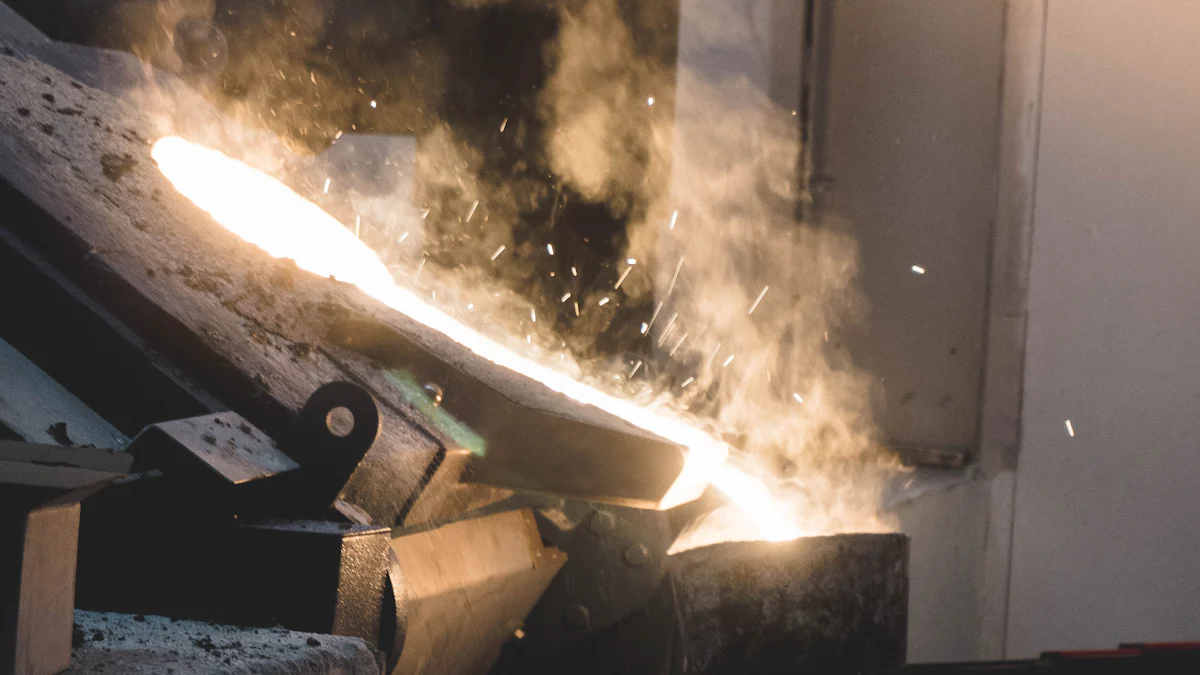
Expertise in Copper Alloys
Copper alloys come with unique properties that require specialized knowledge. You need a supplier who understands the nuances of different copper alloys and their applications. Each alloy offers distinct advantages, such as high conductivity, corrosion resistance, or strength. A supplier with expertise in these materials can guide you in selecting the right alloy for your project.
Ask potential suppliers about their experience working with copper alloys. Inquire if they have handled projects similar to yours. Their ability to recommend the best alloy for your needs demonstrates their understanding of the material. This expertise ensures that your castings meet performance expectations and withstand operational demands.
Quality Control for Copper-Specific Projects
Quality control is critical when working with copper. The casting process for copper can introduce challenges like porosity or surface defects. A reliable supplier implements strict quality control measures to address these issues. You should verify their inspection processes and testing methods.
Look for suppliers who use advanced techniques to ensure consistency. Non-destructive testing (NDT) methods, such as X-ray or ultrasonic testing, help identify internal flaws. These methods ensure that the final product meets your specifications. Suppliers who prioritize quality control deliver castings with superior integrity and durability.
Request documentation of their quality assurance practices. This includes inspection reports, testing certifications, and compliance records. A supplier committed to quality control will provide transparency and evidence of their processes.
Heat Treatment and Finishing Capabilities
Heat treatment and finishing are essential steps in copper casting. These processes enhance the mechanical properties and appearance of the final product. You need a supplier with advanced capabilities in these areas to achieve optimal results.
Heat treatment improves the strength, hardness, and ductility of copper castings. Suppliers with expertise in this process can tailor the treatment to your specific requirements. Finishing techniques, such as polishing or coating, enhance the product's surface quality and resistance to wear.
Discuss the supplier’s heat treatment and finishing options. Ask how they ensure uniformity and precision during these processes. A supplier with comprehensive capabilities can deliver castings that meet both functional and aesthetic standards.
By focusing on these considerations, you can identify top copper investment casting suppliers who excel in working with copper. Their expertise, quality control, and finishing capabilities ensure that your project achieves the desired outcomes.
Questions to Ask Potential Suppliers
When evaluating copper investment casting suppliers, asking the right questions can help you make an informed decision. These questions provide insights into their processes, customer support, and past performance. By gathering this information, you can assess whether a supplier aligns with your project needs.
About Their Processes
Understanding a supplier's processes is essential for ensuring quality and efficiency. You should ask about their production methods and how they handle copper-specific challenges. For example, inquire about their approach to minimizing porosity in copper castings. This issue often arises during the casting process and can affect the final product's integrity.
Request details about their quality control measures. Ask how they inspect castings for defects and ensure consistency. Suppliers who use advanced techniques, such as non-destructive testing, often deliver better results. You should also confirm whether they follow industry standards and maintain certifications that validate their processes.
Discuss their equipment and technology. Suppliers with modern machinery and innovative tools can meet precise specifications. Ask if they use computer-aided design (CAD) or simulation software to optimize casting designs. This technology improves accuracy and reduces errors, ensuring your project meets expectations.
About Their Customer Support
Customer support plays a critical role in maintaining smooth communication throughout your project. You should ask how the supplier handles inquiries and resolves issues. Reliable suppliers prioritize clear and timely communication, which helps prevent misunderstandings and delays.
Inquire about their availability and response times. Ask if they assign a dedicated point of contact for your project. This ensures you have someone to address your concerns promptly. You should also confirm whether they provide regular updates on production progress. Transparent communication builds trust and keeps you informed at every stage.
Evaluate their willingness to accommodate your specific needs. Ask if they offer design assistance or material recommendations. Suppliers who provide personalized support demonstrate a commitment to your project's success. Their proactive approach can enhance collaboration and lead to better outcomes.
About Their Past Projects
Reviewing a supplier's past projects offers valuable insights into their capabilities and reliability. You should ask for examples of similar projects they have completed. This helps you determine whether they have experience handling requirements like yours.
Request references or client testimonials. Feedback from previous customers provides an honest assessment of the supplier's performance. You can learn about their ability to meet deadlines, maintain quality, and address challenges effectively. Positive reviews indicate a strong track record and build confidence in their services.
Ask about any challenges they faced in past projects and how they resolved them. This reveals their problem-solving skills and adaptability. Suppliers who can overcome obstacles while maintaining quality are better equipped to handle complex projects.
By asking these questions, you can evaluate potential suppliers thoroughly. Their responses will help you identify those who possess the expertise, resources, and commitment needed for your copper investment casting needs.
Red Flags to Avoid
When selecting a copper investment casting supplier, you must remain vigilant for warning signs that could jeopardize your project. Identifying these red flags early can save you from costly mistakes and ensure a smooth process.
Lack of Certifications or Compliance
A supplier without proper certifications or compliance records poses a significant risk to your project. Certifications, such as ISO standards, demonstrate that the supplier adheres to strict quality management practices. Without these, you cannot guarantee that their processes meet industry standards. Non-compliance with environmental or safety regulations also signals irresponsibility, which could lead to legal or operational issues.
Always verify a supplier’s certifications before proceeding. Request documentation that proves their adherence to quality, safety, and environmental standards. A lack of transparency in this area should immediately raise concerns. Reliable suppliers willingly share their compliance records to build trust and credibility.
Outdated Equipment or Processes
Suppliers relying on outdated equipment or processes often struggle to deliver high-quality results. Modern copper casting requires advanced machinery and innovative techniques to meet precise specifications. Outdated tools increase the likelihood of errors, inconsistencies, and delays.
Ask about the supplier’s equipment and technology. Suppliers using computer-aided design (CAD) or simulation software demonstrate a commitment to precision and efficiency. If a supplier cannot provide details about their machinery or relies on obsolete methods, consider it a red flag. Advanced technology ensures better outcomes and faster turnaround times.
Poor Communication or Transparency
Effective communication is essential for a successful partnership. Suppliers who fail to communicate clearly or provide transparent updates can create confusion and delays. Poor communication often leads to misunderstandings about project requirements, timelines, or costs.
Evaluate how a supplier handles inquiries and shares information. A lack of responsiveness or vague answers indicates poor customer service. Reliable suppliers assign dedicated points of contact and provide regular updates on progress. Transparency builds trust and ensures that you stay informed throughout the project.
By recognizing these red flags, you can avoid unreliable suppliers and focus on those who meet your expectations. Careful evaluation ensures that your project remains on track and achieves the desired results.
Choosing the right supplier is crucial for the success of your copper investment casting projects. You should evaluate suppliers based on their experience, advanced equipment, certifications, and expertise in copper-specific processes. Asking the right questions helps you uncover their capabilities, while identifying red flags ensures you avoid costly mistakes. Take a proactive approach when vetting potential suppliers to secure reliable partnerships. Prioritize quality and dependability to achieve the best results. Start your search today and focus on working with the top copper investment casting suppliers to ensure your project’s success.






